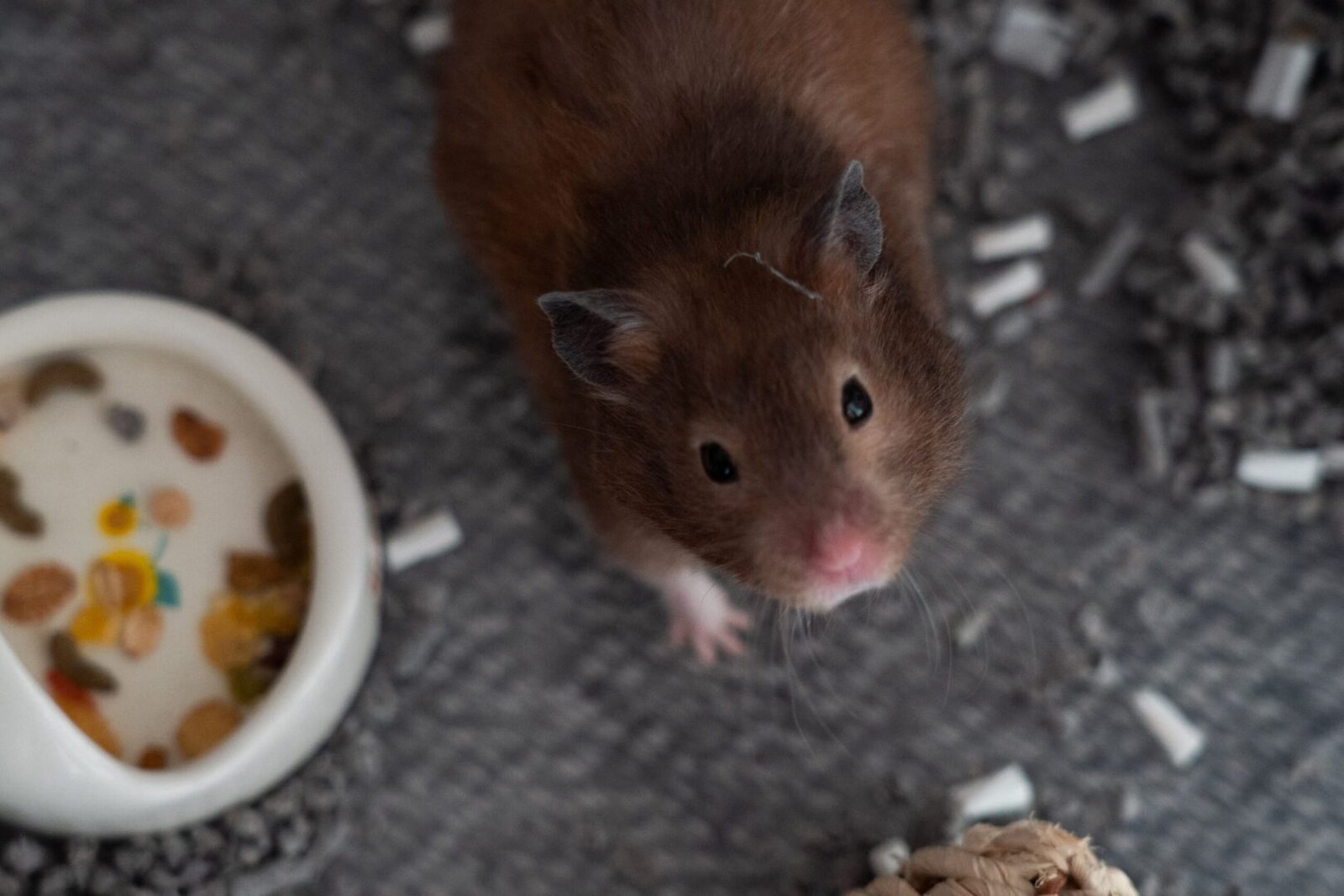Hong Kong will lift a ban on importing hamsters for sale around the middle of this month, a year after the city ordered a culling of the furry mammals and shut down all pet shops selling them to eliminate the Covid-19 virus.
Imported hamsters will still need to test negative for Covid before they are made available for sale, because studies found that they are susceptible to the virus and could easily spread to humans, a spokesman for the city’s Agriculture, Fisheries and Conservation Department said in an emailed statement.
The city banned the importation of all small mammals for commercial purposes in January last year after nearly a dozen hamsters imported from the Netherlands and sold at a local pet store were found to be infected with delta, a virulent Covid-19 variant that hadn’t been detected in the city for months until a worker there tested positive. Officials ordered a culling of thousands of the pets. By May, the government had resumed importation of all small mammals other than hamsters given the risks.
Hong Kong has been dismantling its Covid Zero policies for months, including scrapping hotel quarantine, lifting restrictions on new arrivals going to bars or restaurants, and removing PCR tests for travelers after they arrive in the city. The financial hub has said it plans to keep its mask mandate, citing concerns about the strain being put on health-care system from both Covid and influenza.
In recent weeks, China has also been rapidly shifting away from its zero tolerance to the virus after three years of isolation from the rest of the world. The country will reopen to the world andscrapquarantine for arrivals from Jan. 8 as it seeks to boost its flagging economy. Hong Kong, whose border with mainland China has been effectively shut since early 2020, is also pursuing a resumption of quarantine-free travel with the mainland on Jan. 8.
Our new weekly Impact Report newsletter examines how ESG news and trends are shaping the roles and responsibilities of today’s executives. Subscribe here.








